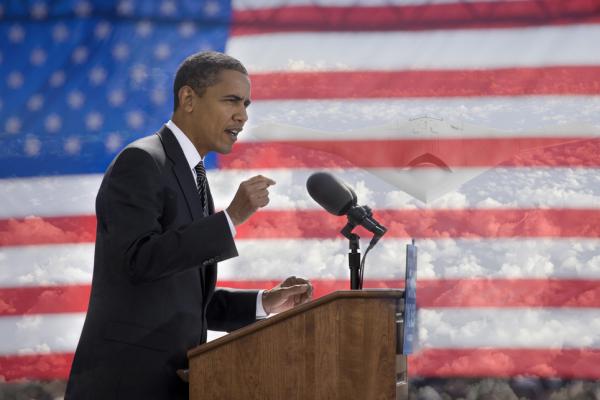For centuries, followers of Jesus have wondered how they should relate to states and governments. Recent documents from Amnesty International, Human Rights Watch, and the United Nations bring such concerns to the fore, highlighting the cruel collateral damage of many of President Barack Obama’s personally ordered drone strikes — strikes that according to the president, are legal and in accord with international law, use technology that is precise and limit unnecessary casualties, eliminate people that are real threats, and prevent greater violence.
Rather than considering the humanity of our (perceived) enemies and seeking reconciliation and restorative justice, we default to catching and killing. In doing so, we give the widest berth possible to Jesus's teachings and examples of self-sacrificial enemy love. In both Matthew 5 and Luke 6, Jesus tells us that to love our enemies is to be children of God, for radical love and kindness are his nature and his perfection. Loving enemies is essential to anyone who would claim God as his or her Father. Jesus said, "Love." Not, "Love unless you happen to be the ones in charge and in possession of firepower. In that case, kill the bastards."
We are charged with loving our world indiscriminately, self-sacrificially, and with great humility, and that should always inform our relationship with the state and government.
Read the Full Article

